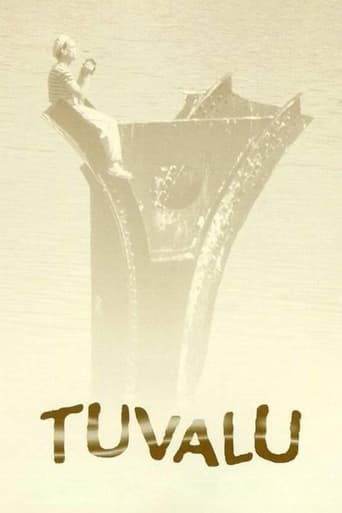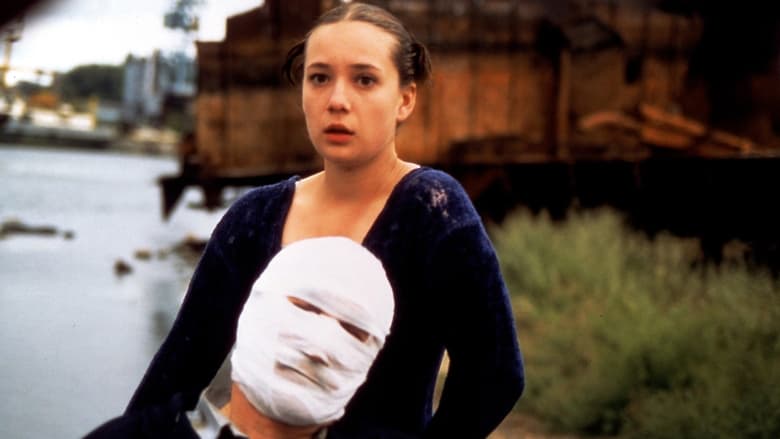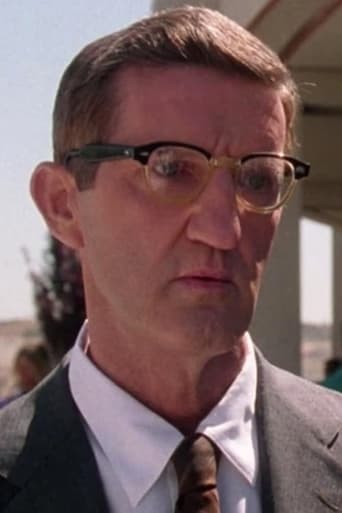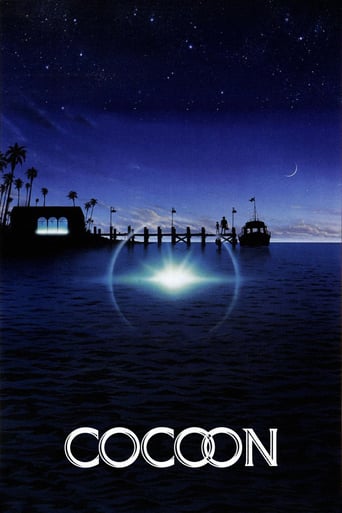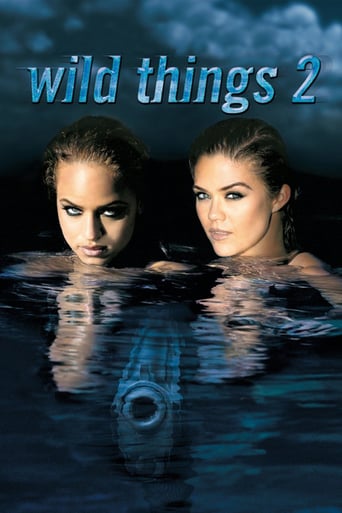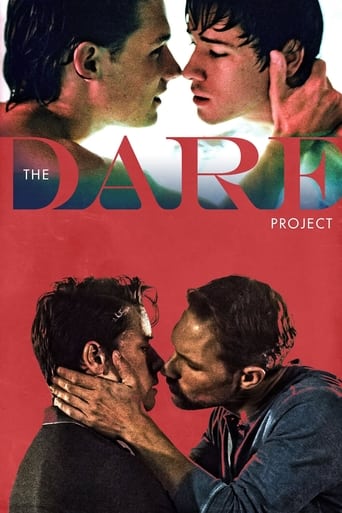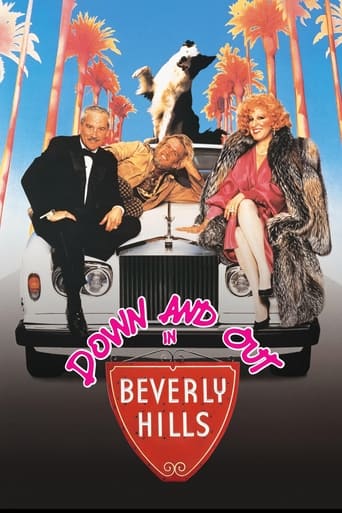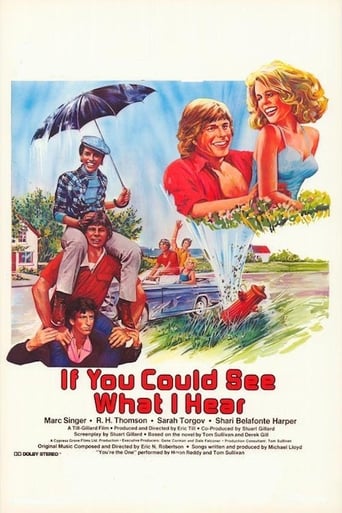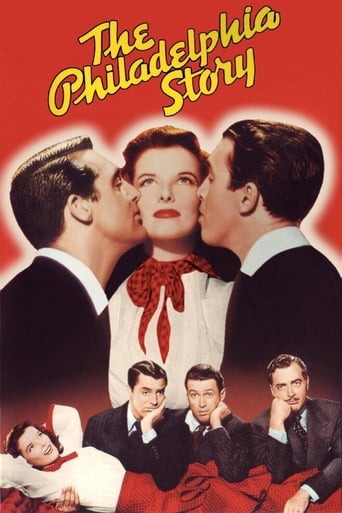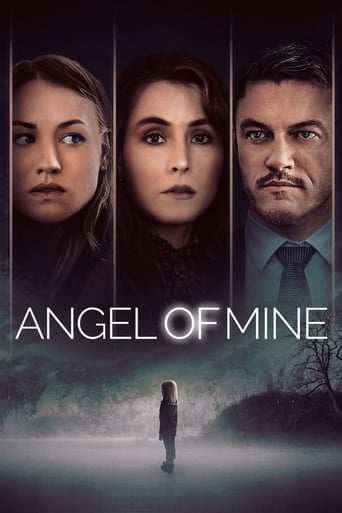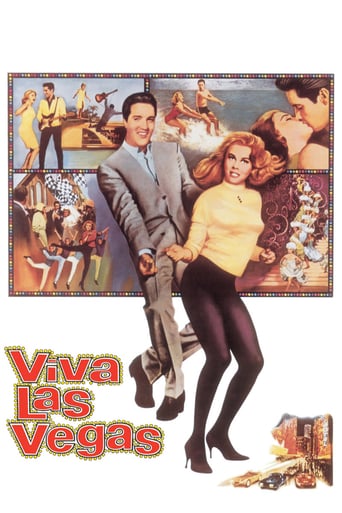Tuvalu (1999)
Set in a dilapidated indoor swimming pool (the Central Baths in Sofia), the film details the efforts of Anton, a clueless dreamer who yearns to sail the world, and Martha, the button obsessed cashier, to maintain the illusion for Anton's blind father that business is thriving. Working to sabotage their efforts is Gregor - Anton's brother - an amoral developer who is determined to raze the entire town and construct a sprawling condominium complex. Gregor engineers an accident that seems certain to doom the business and in the process steals away Eva, the beautiful woman of Anton's dreams. Will Gregor's dastardly plan succeed?
Watch Trailer
Cast
Similar titles

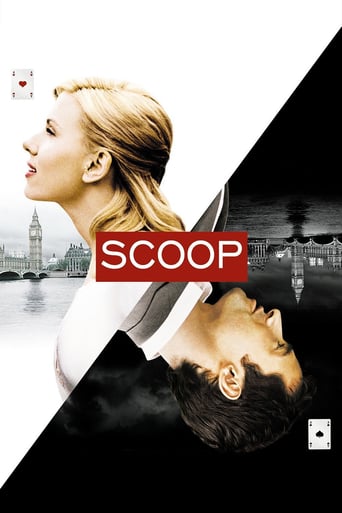
Reviews
Boring
There's no way I can possibly love it entirely but I just think its ridiculously bad, but enjoyable at the same time.
The best films of this genre always show a path and provide a takeaway for being a better person.
True to its essence, the characters remain on the same line and manage to entertain the viewer, each highlighting their own distinctive qualities or touches.
When some movies fail, it's boring. When some movies fail, it's hilarious. When some movies fail, it's grimly satisfying. Tuvalu is a movie that only just fails, and it's almost agonizing how close it comes to wonderousness.Like the British film Hotel Splendide, Tuvalu is an atmospheric fantasy, the central character of which is a building populated by a supporting cast of whimsical caricatures, mostly Adorable but occasionally Evil. Both films are melancholy and eccentric, and both draw widely on an aesthetic of detritus, on the cobbled-together and the half-broken, on jumping, jerking, smoking, gurgling machines insecurely constructed of loose bolts and clanking valves. And both employ the same central motifs water and the state of being marooned. In Hotel Splendide, hydrophobia maroons the young and Adorable Stanley Smith (Hugh O'Conor) on the damp and dreary island where the run-down health spa Hotel Splendide has settled its grey, ungainly (once-majestic, once-romantic) bulk. Will the pert and rather noisy Kath (Toni Collette), who arrives to fill the position of cook, be able to save him? In Tuvalu, the boyish and (sort of) Adorable Anton (Denis Lavant) is marooned in the immense, run-down (once-majestic, once-romantic) building where the murky community swimming pool is housed, restrained from leaving perhaps by a fear of the outside world or possibly by a fear of lace-up shoes. Will the pert and (way too) Adorable Eva (Chulpan Khamatova), who comes with her father to swim at the pool, and who becomes Anton's enemy but also his beloved, be able to save him? Tuvalu has much, much, much to recommend it. The stylized and pointed avoidance of dialogue is a bit precious, but director Veit Helmer carries it off only just. The complicated and baroque malfunctions of the architecture and its plumbing are ingenious, and the machinations of Anton and various pool patrons and other characters to save the building from demolition by masking its various deficiencies with complicated tricks and childish cosmetic alterations are winning, but the gleeful scene in which the complex conspiracy to deceive the building inspector takes place is somewhat over-choreographed, too delightful somehow, too ready to morph into a Broadway musical, with the scurrying up and down stairs, the popping in and out of heads from behind shower stall doors, the rapid cross-signaling and mis-signaling via the tapping of pipes. The scenes of the decrepit patrons paddling in the pool are languorous, luscious, balletic, but the quirks of the patrons themselves are too easy, too cartooned, and too familiar an old woman paddling herself in an inner tube with crutches, grungy, kindly sailors in tattered suits. Karl (Philippe Clay), the proprietor, the father of Anton and Anton's villainous brother Gregor (Terrence Gillespie), who is not only literally blind but blind as well to the disrepair and disuse into which the pool has fallen, is a marvelous figure dictatorial, terrifying but beloved, and artificially inflated but his eventual death is artificially inflated too, into a cumbersome and top-heavy symbol of brotherly rivalry and paternal betrayal.Helmer has been successful in creating an entire, intact world, and any film with this to its credit deserves to be seen. The particular offerings by which patrons can gain admission to the pool, the particular method Eva and Anton use to spy on each other's dreams, the incredibly thorough and cohesive design of both the aesthetics of the building and the functioning of its many complex parts: elements like these imply an entire civilization, an alternate world with its own social structure, physical laws, and geography, of which the village we see in the film is only a small part. The implication of this other reality, which is like ours but is not quite ours, is gracefully and cunningly accomplished. This is a work of real imagination. And to criticize Helmer for his caricaturing of his characters is not quite fair, as this is precisely his objective. But the technique of caricature, of reducing and simplifying human beings, is only productive if, by eliminating or distorting finer shades of meaning, other meanings are revealed. In Tuvalu, the stylization is so affected, rather than effective. Gillespie turns in a terrifically energetic and clownish performance as the grasping and psychotic Gregor, but if he waxes hysterical and strains at the limits of tolerability only in order to emphasize the evils of avarice and the soullessness of progress tired themes, indeed then have his efforts really been worthwhile? Khamatova squeaks and goggles and pouts and puckers for all she's worth, but her role in the film is entirely limited to a plot device. Certainly her actions are absolutely intrinsic to the events that unfold, but the personality of her character is utterly self-serving. She could have played the role like a wooden mannequin, or like a sad-eyed siren, or like a histrionic heroine, and the film would have continued apace. She is a machine for moving plot, her robotic heart disguised beneath a sickly-sweet frosting of giggles and winks, and in this and other aspects of Tuvalu, Helmer does not merely play with superficiality, but is superficial.Superficiality, yes, but a hell of a set designer. And this would be a wonderful movie for children whose parents don't object to a bit of nudity, a blow-up sex doll, and a couple of murders. Making a double feature out of this film and Hotel Splendide would assuredly cast each film in a more interesting light than viewing either independently. Still, even on its own merits alone, Tuvalu is one of the world's best failures.
I usually like innovative, original and even strange films. When I read some comments on the Internet I thought this movie might be that (innovative, original and strange). Well, yeah it is but, I now think those things are not always enough to make a good movie. I was warned about the lack of color and dialogs (the characters only made cavemen noises and eventually said single words), but I'll have to admit with a lot of shame that I need words in a movie, it was so boring. The "funny" parts are not that funny neither. Maybe if you like the silent films from the beginning of the 20th century you'll enjoy this one, if not (like me) I'd recommend to stay away from this.I understand the comparison with Juenet and Caro. I'm almost sure that the music at the beginning is also in "City of Lost Children" (may be wrong), the use of water reminded it to me too. And several similarities with Delicatessen can be found. But it doesn't mean that if you liked those two films you'll like Tuvalu, believe me.It's not all bad, the photograph is really good, a very nice work of art. The story is also very creative, another good point. But as a whole, it didn't work for me. Interesting experiment however.If you are the kind of person who is in search of "different" movies, I must say this may, but also may not be the one that you're looking for.
The film is a beautifully photographed and outrageously funny example of visual story telling at its very best. Performances by all the leading characters are breathtakingly good and never for a moment overdone. I saw this film at the Taos Film Festival 2000 and it was by far the most memorable of the 10 or 12 I saw. I recommend it to anyone who is serious about the art and history of film making.
I have never been particularly fond of movies with taglines like "a poetic adventure" or "a journey into the land of dreams" stamped on their front, as this kind of advertising is usually nothing more than a weak excuse for the absence of a coherent plot or some in-depth characterization, leaving you in the guess why the filmmakers didn't stick to the painting of aquarelles in the first place. My expectations sank even lower when I understood that there wasn't going to be any dialogue in "Tuvalu", at least not in the proper sense of the term. So this couldn't be more than a soothing eye candy at best; hopefully free from the embarrassing "isn't our imagination a wonderful thing"-moments or the "why can't we all be children forever"-messages that tend to haunt this specific genre.After a few moments into the film, I was entirely cured from that kind of prejudice. "Tuvalu" surprisingly brings across the magic that is promised on the poster - and it works well for a variety of reasons. First of all, despite the movie's innocent fairy tale character, it isn't coy about adult themes at all (like all good fairy tales, for that matter). We actually even have scenes of violence and nudity, but both are introduced in a very playful and witty manner; in a style which I should consider perfectly suitable for children.Secondly, "Tuvalu" is hilariously funny, and at times, the humour is pretty far from being tongue-in-cheek... There is a lot of crude slapstick going on, and sometimes the whole movie is close to the coarseness of a Punch and Judy show; but most of the time one just laughs at the sheer originality and inventiveness of the production. Furthermore, the sparse use of words proves to be a great means of comedy as well - the effect is somewhat comparable to the quasi-absence of comprehensible language in Jacques Tati's films, or, for those who have seen it, in "Themroc".Thirdly, there is always joy in watching talented and charismatic actors under the direction of a talented director and screenwiter. You can tell that everyone involved in the making was perfectly devoted to the project; and this justified euphoria of the makers comes across in almost every scene. They probably knew that they were doing something special, and this is indeed what they have achieved. Additionally, Helmer's use of light and colour is always original, but never distracting; every scene of this movie is simply beautiful to look at. Yes, I should say, imagination is a wonderful thing and it is an utter shame that we can't be children forever.
